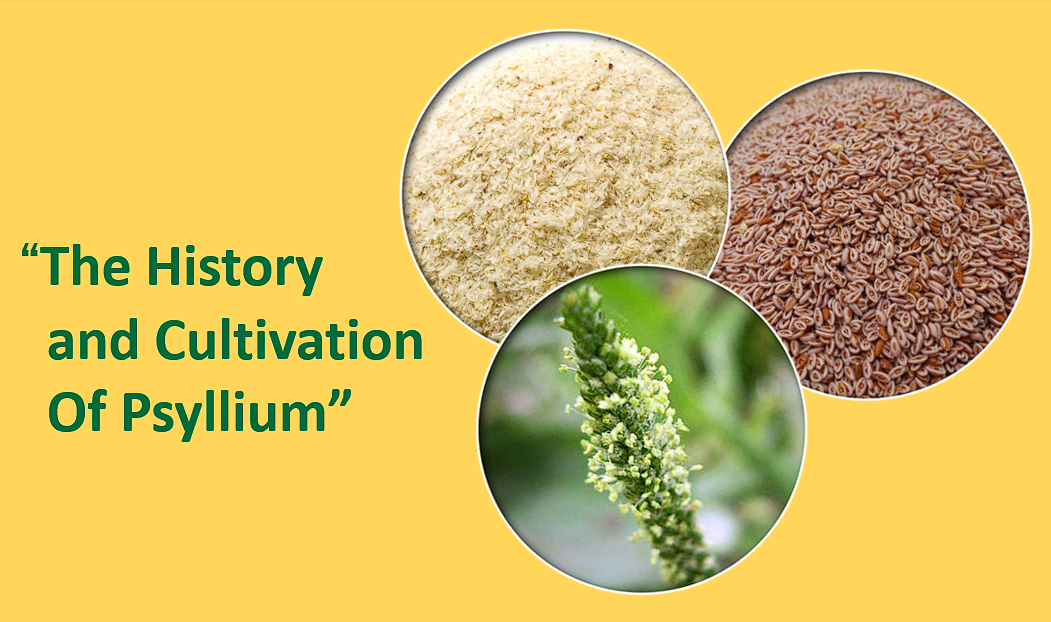
Psyllium is a plant-based dietary fiber that is commonly used as a supplement for digestive health. It is a type of soluble fiber that is derived from the seeds of the Plantago ovata plant, which is native to India. This plant has been used for medicinal purposes for thousands of years and has been mentioned… Read More »
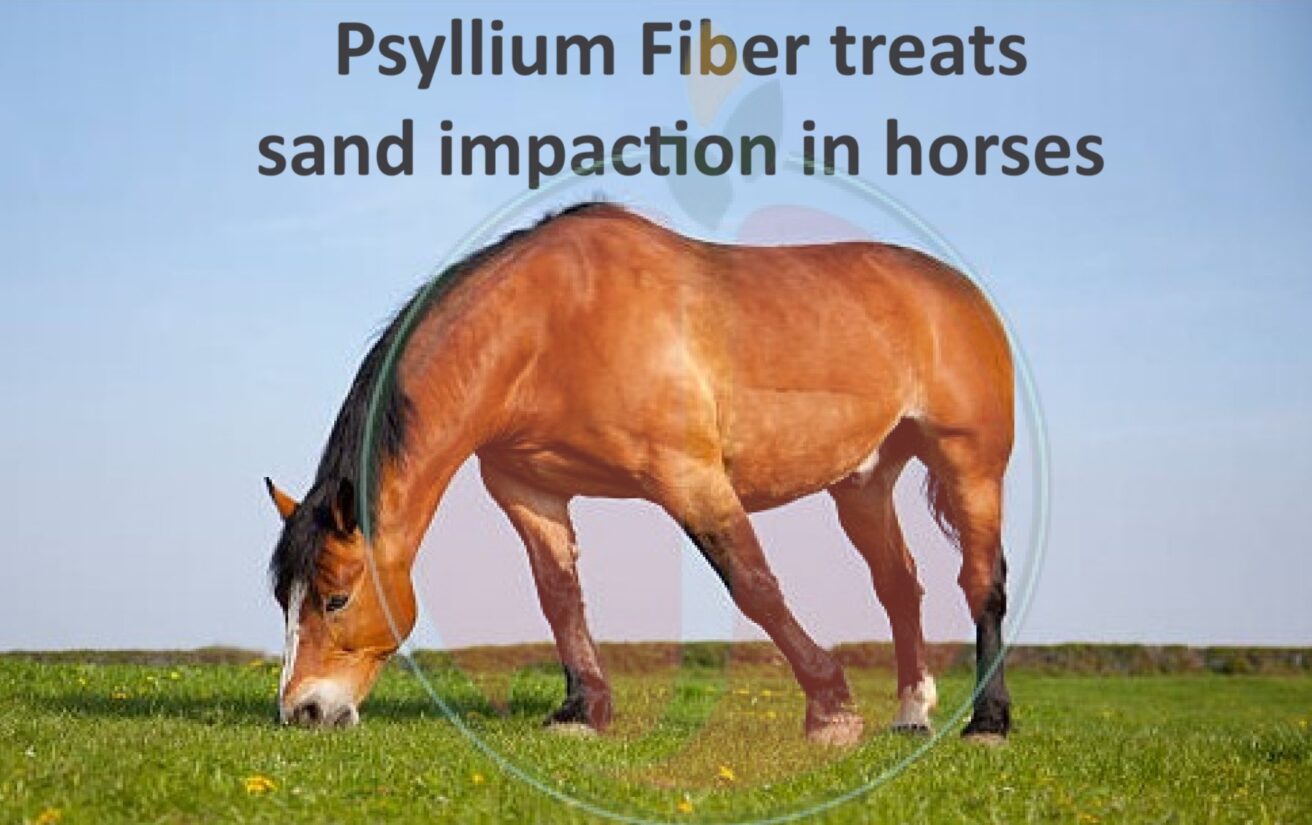
Sand colic is a common and potentially life-threatening condition that affects horses that graze on sandy soils or ingest sand while eating hay or grain from the ground. Sand can accumulate in the large colon and cause irritation, obstruction, diarrhea, weight loss and even death. Sand colic can be prevented by minimizing the exposure… Read More »
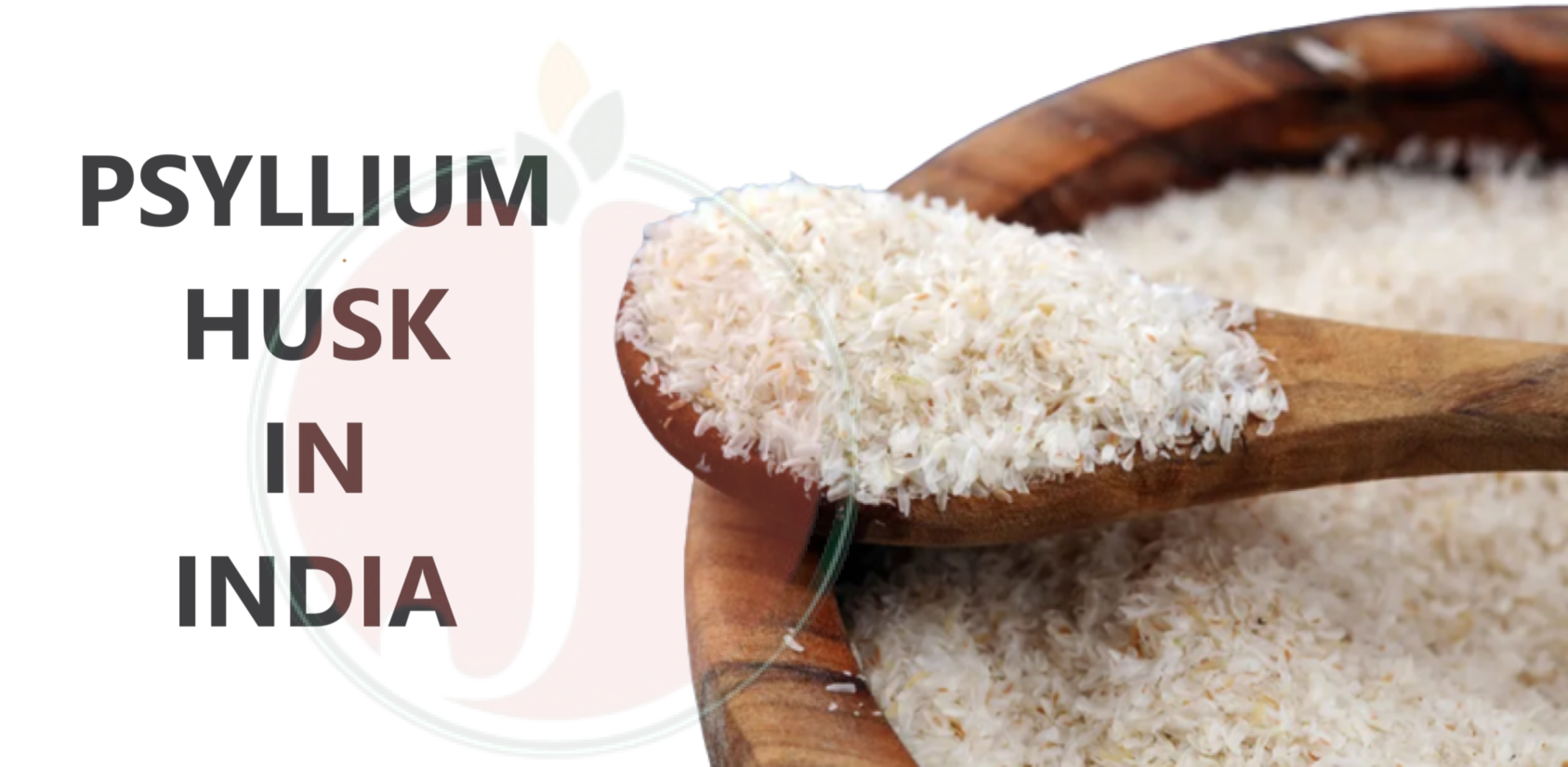
Psyllium husk is the outer layer of the seeds of the plant Plantago ovata, which is native to India. Psyllium husk has been used for centuries in traditional medicine and Ayurveda for various health benefits, especially for digestive health. In this blog, we will explore what psyllium husk is, how it works, and why it… Read More »
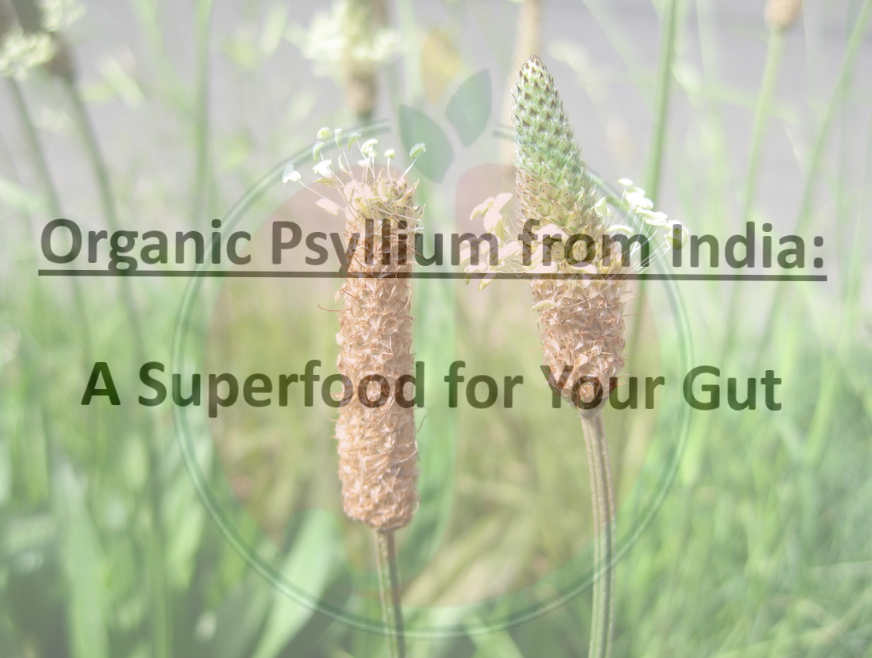
Psyllium is a type of soluble fiber that comes from the seeds of a plant called Plantago ovata, which grows mainly in India. Psyllium is also known as isabgol or Indian flea seed. Psyllium has been used for centuries in Ayurveda, the traditional system of medicine in India, as a natural remedy for various digestive… Read More »
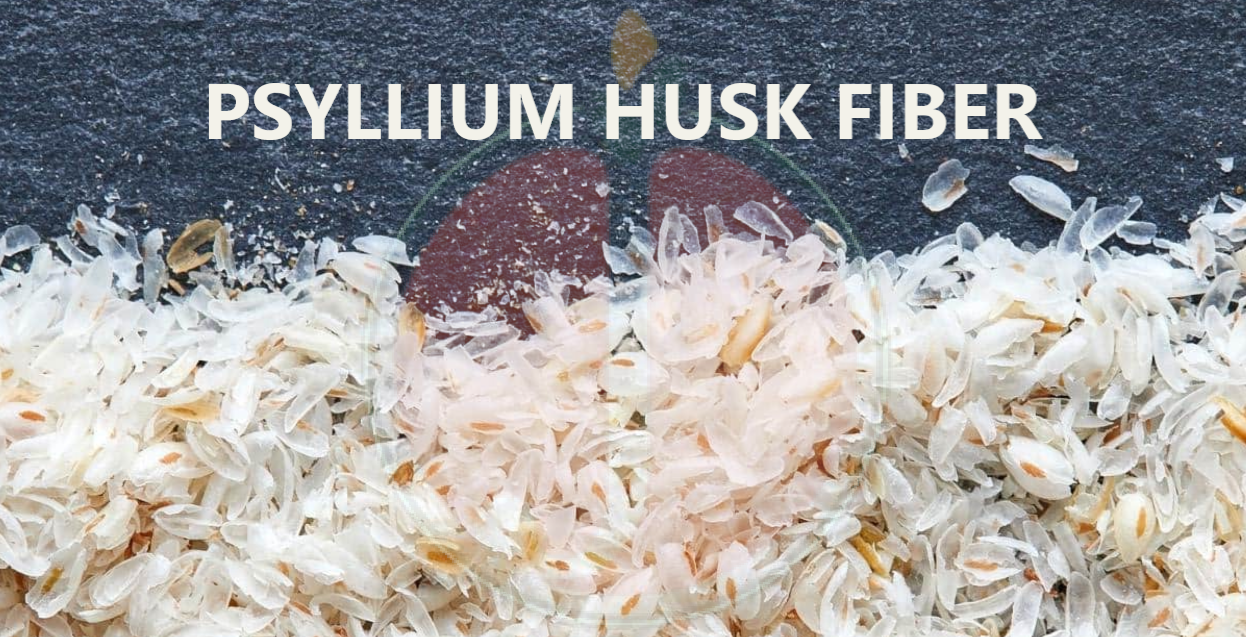
Psyllium husk fiber, also known as psyllium fiber, is a type of soluble fiber that comes from the seeds of the Plantago ovata plant. This fiber is commonly used as a supplement to improve digestive health, but it has also been linked to a variety of other health benefits. Psyllium husk fiber is primarily composed… Read More »